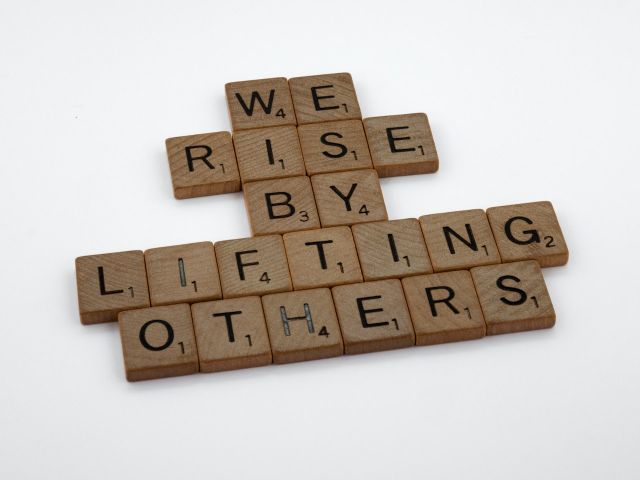
Breaking down barriers for a more compassionate society.
Mental health problems are more common than ever in the fast-paced world of today. Though there has been great progress in the understanding and treatment of mental diseases, there is still a widespread stigma associated with them in society. This stigma frequently causes miscommunication, prejudice, and a lack of assistance for those who most require it. To build a more kind and inclusive society, it is critical that we investigate and combat the causes of this stigma. We will explore the numerous facets of mental health stigma, understanding, and conquering in this blog article.
Defining Mental Health Stigma.
The unfavorable attitudes, beliefs, and prejudices connected to mental illness are referred to as mental health stigma. It fosters an atmosphere of fear, guilt, and isolation that prevents people from asking for assistance or being upfront about their issues. Across many cultures, stigma is prevalent and can take many forms, including social exclusion, prejudice, and discrimination.

The Impact of Stigma on Individuals.
Barriers to Seeking Help:
Stigma is a big deterrent to people seeking assistance with their mental health. People frequently refrain from contacting specialists out of fear of being evaluated or branded as “weak” or “wild,” which leads to a delay in or ineffectiveness of treatment.
Internalized Self-Shame and Shame: Shame can cause people to internalize unfavorable attitudes about themselves, which can feed emotions of shame, low self-esteem, and self-blame. This self-stigma impedes healing and worsens the effects of mental illness.
Social Isolation: People who fear stigmatization may withdraw from connections and shun social events or activities, which can result in social isolation. This isolation exacerbates the signs of mental illness and adds to feelings of loneliness.

The Origins of Mental Health Stigma.
Stereotypes and misunderstandings: Stereotypes and misconceptions about mental illness frequently contribute to stigma. Sensationalized and exaggerated symptom depictions in the media contribute to the persistence of these myths and further entrench the stigma.
Lack of Education: The stigma associated with mental health disorders is exacerbated by a lack of knowledge about them. Education and awareness initiatives are essential for dispelling misconceptions, delivering factual information, and fostering compassion.https://www.researchgate.net/publication/341095657_Unmasking_depression_Challenging_structural_oppression_whilst_recognising_individual_agency

Overcoming Mental Health Stigma.
Conclusion.
Open Communication and Dialogue: Promoting open discussions about mental health can aid in removing stigma’s barriers. We promote an atmosphere that encourages empathy and understanding by talking openly about personal experiences, encouraging one another, and listening without bias.
Education and Awareness: Spreading the word about mental health literacy through campaigns, workshops, and educational programs can help dispel myths and create an accepting environment. By giving people accurate information, we enable them to fight stigma and help those in need.
Advocacy and policy changes.Changes in policy and advocacy are important in the fight against stigma around mental illness. We can build a more accepting society that supports people with mental illness by promoting policy improvements, equal access to treatment, and improved mental health services.https://www.spectrumnews.org/opinion/book-review-nobodys-normal-chronicles-the-intertwined-history-of-mental-illness-and-stigma/

It will take a team effort and a dedication to empathy and understanding to break the stigma surrounding mental health. We can create a culture where people with mental illnesses receive the compassion and assistance they need by dispelling myths, enabling open communication, and raising awareness. Together, let’s break down stigma’s barriers and create a world in which mental health receives the same respect and attention as physical health.https://veretis.com.au/unmasking-stigma-of-mental-health/



Pingback: The Impact of Nutrition on Your Mental Health. - Purebliss mentalcare.org
Pingback: Understanding the Link Between Bipolar Disorder Treatment and Suicide. - Purebliss mentalcare.org